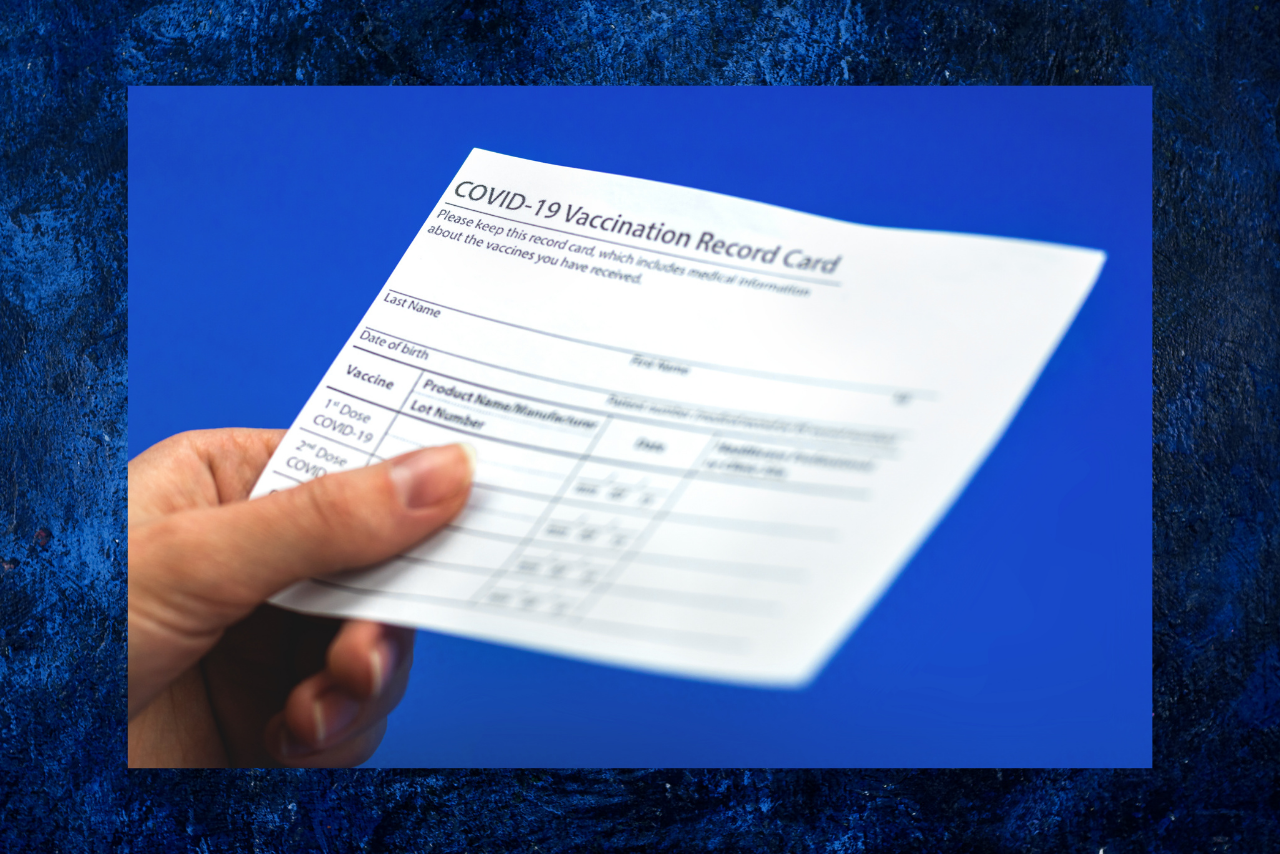The Pfizer and BioNTech’s COVID-19 vaccine for children ages 5 to 11 was approved on Tuesday, Nov. 2nd by the Centers for Disease Control and Prevention.
The CDC has officially recommended the FDA’s authorization for emergency use of the vaccine, allowing more than 28 million children in America to become eligible for vaccinations this week. With the vaccine approved, Pfizer and BioNTech plan to immediately ship millions of vials to pediatrician offices, community health centers, pharmacies and other vaccination sites. By the week of Nov. 8 the vaccines should be distributed at full capacity.
What exactly is the vaccine for children?
The vaccine for children will be one-third of the adult dose in two injections three weeks apart. The official CDC recommendation said the low-dose vaccine is more than 91% effective against COVID-19 among children 5 to 11. Pfizer and BioNTech conducted a study including 2,268 children to compare the responses among kids given placebo shots versus those who were given the vaccine.
The FDA later assessed more children, a total of 3,100, to conclude it was safe to receive the vaccine dosage for a younger age group. After being vaccinated, it was found that children experience similar or even fewer temporary reactions to what teenagers experience like sore arms, fever or aches.
What are potential results of children being vaccinated?
FDA scientists have observed a risk of myocarditis, inflammation of heart muscle, and pericarditis, inflammation of the heart’s outer lining. However, they concluded that the benefits of the shot (info under “FDA Evaluation of Available Safety Data” heading) in preventing disease, hospitalization and death outweigh the risk of rare heart conditions.
“As a mother and a physician, I know that parents, caregivers, school staff and children have been waiting for today’s authorization. Vaccinating younger children against COVID-19 will bring us closer to a sense of normalcy,” FDA Commissioner Dr. Janet Woodcock said.
Some of the committee members said vaccinating the younger population would help the country progress to an “endemic” phase, meaning the virus is still circulating but at lower levels.
How has COVID-19 affected children?
Though children are at a lower risk of illness and death from COVID-19 than older age groups, the group has been negatively impacted. The CDC has counted 1,984,628 COVID-19 cases of children 5-11 in the U.S. The FDA said about 8,300 of these cases have resulted in hospitalization, and as of Oct. 17, there have been 146 deaths in the age group.
In addition to this, there have been more than 2,000 Covid-related school closings since August. It has affected more than 1 million children and 68,000 teachers, said CDC official Dr. Fiona Havers.
How are people responding to the vaccine for children?
With millions of doses being rolled out, many parents remain uncertain about vaccinating their children. A recent Kaiser Family Foundation survey found that 27% of parents polled this month would get their children vaccinated “right away.” The majority are split between waiting to see how the vaccine performs and those will not have their children vaccinated.
“Together, with science leading the charge, we have taken another important step forward in our nation’s fight against the virus that causes COVID-19. We know millions of parents are eager to get their children vaccinated and with this decision, we now have recommended that about 28 million children receive a COVID-19 vaccine. As a mom, I encourage parents with questions to talk to their pediatrician, school nurse or local pharmacist to learn more about the vaccine and the importance of getting their children vaccinated,” said Dr. Rochelle Walensky, director of the CDC.



